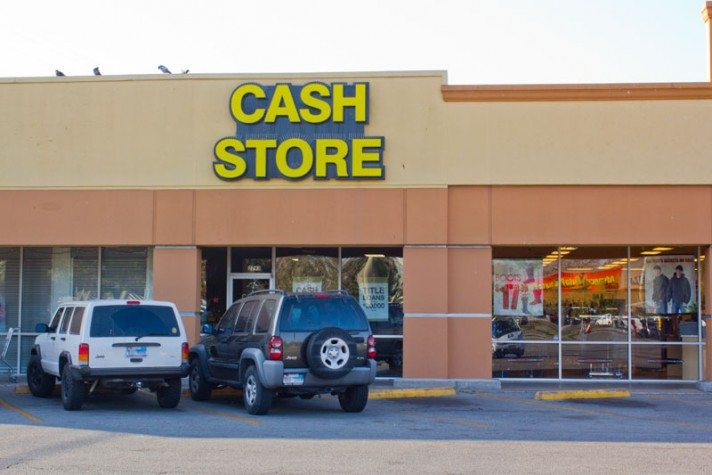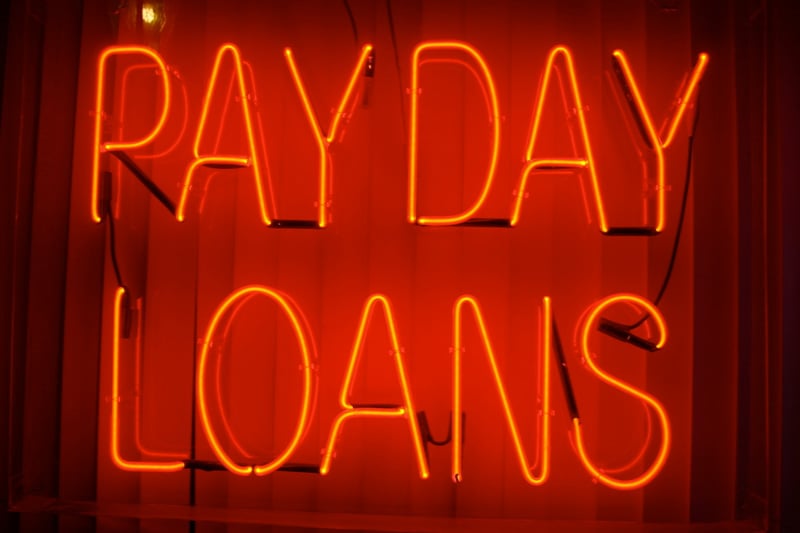
Jumping the Loan Sharks
Ending predatory lending is a 'big jigsaw with a lot of pieces,' but one model, developed in the Valley, may solve part of the puzzle.

A version of this story ran in the November 2015 issue.
When attempts to regulate payday and auto-title lenders went down in flames at the end of the 2013 legislative session, some advocates took it as a sign that statewide efforts to rein in predatory short-term lending were a dead end. The lenders, who make considerable profits from offering loans to the needy at extremely high rates, had flooded the Legislature with cash, and it seemed impossible to get meaningful legislation past their chosen defenders.
But at the local level, consumer advocates have had some success over the last five years. Cities continue to advance their own lending regulations. And some advocates are working to provide a practical alternative to predatory lending through a lending model first established in Brownsville in 2011.
Retail banks in the area found that many of their customers were often unable to access credit, such as home and auto loans, because their credit histories had been ruined by usurious short-term loans. The banks helped create a new financial institution, the Community Loan Center of the Rio Grande Valley, to offer small loans at modest interest rates with comparatively lengthy repayment periods.
Commercial payday loans can carry interest rates in excess of 400 percent and must be repaid within months or weeks, often causing financially troubled customers to refinance repeatedly, trapping them in a cycle of debt. In contrast, the Community Loan Center offers loans up to $1,000, with a repayment period of a year at 18 percent interest.
The program is offered through area employers, and borrowers repay loans through the deduction of small amounts from each paycheck. The loans come with free optional financial counseling. Default rates are less than 5 percent.
The pushback against predatory lending is “a big jigsaw puzzle with a lot of pieces,” Porter said. “Well, we’ve got one of the pieces.”
“We’ve made a little over 7,000 loans total,” Porter said. “That’s a nice start, but the payday loan and auto title loan industry is nearly a $6 billion industry, according to the state, and we’ve made about $6 million worth of loans.”
The loans are only available to workers whose employers participate in the program, so they can’t help seniors or students, two groups who often avail themselves of short-term loans. And though a variety of large and small employers have signed on, many are uninterested in offering the service, Porter said. Still, in the absence of statewide regulation on lenders, advocates are relying in part on the benefits these local efforts provide. The pushback against predatory lending is “a big jigsaw puzzle with a lot of pieces,” Porter said. “Well, we’ve got one of the pieces.”

